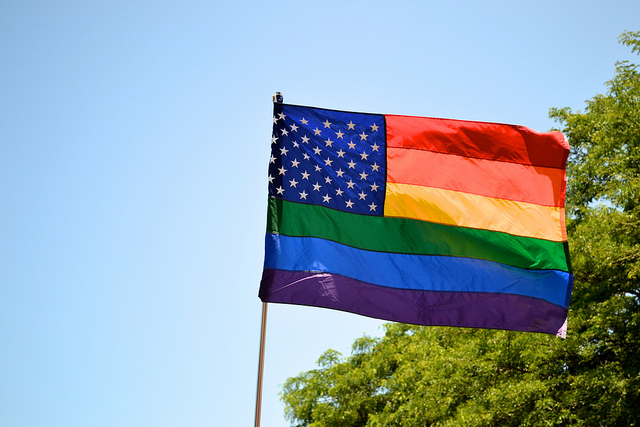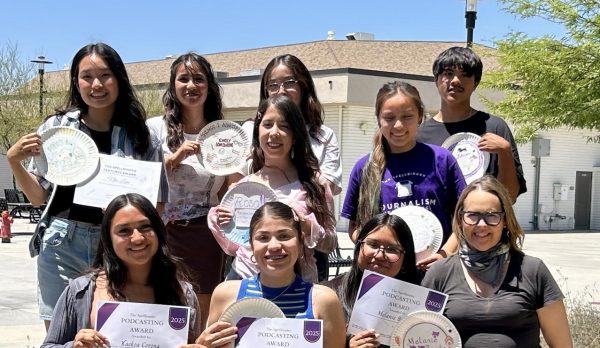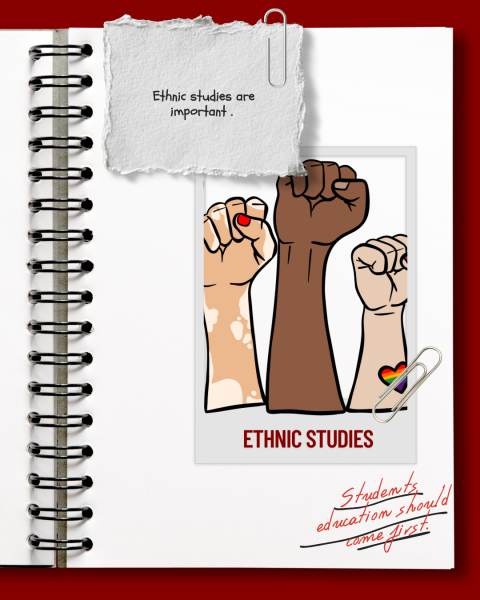Ahead or falling behind; america’s unwillingness to conform to the unique
America, the place where one could come and start new, build an empire from the ground up, and most importantly, find their identity in the American society. America is a “melting pot,” but sometimes we as a country can be stuck in the past; with racist views, protests, and government decisions, it’s like a blast back to the 1950s. So what is Identity? Merriam Webster, an online dictionary, states that, Identity is “the fact of being who or what a person or thing is,” but is it really as black and white as that? A sense of Identity is something that some people know since their first waking moment, yet some, never truly figure it out. Knowing who you are truly is a great thing that should be recognized, but what happens if it’s not?
Sadly, that’s the case for many people, especially those who associate with the term non-binary. Non-binary is the term used for people who don’t identify as either a woman or a man. In California alone, 647 individuals out of every group of 100,000 people surveyed identify as non-binary, and the numbers aren’t showing any signs of slowing down. Although several states include laws that clearly prohibit discrimination based on gender identity, the U.S. government still does not allow for a third, non-specific gender option on legal documents. If there are so many people who aren’t being represented in our society, then why hasn’t the one country who prides itself on being a melting pot done anything about it?
If anything, America is falling behind. Several countries in Asia have taken the lead on this issue during the past six years. In 2014, Norrie, an Australian who doesn’t identify as male or female, and who had originally applied for a non-specific gender status, filed a lawsuit against the Australian government for not recognizing people like them. The Australian court ruled that the government should recognize a third, neutral, and non-specific gender besides the traditional “male” and “female” categories. With this landmark ruling, Australia also became the world’s sixth country to recognize a third gender option for its citizens while the first country to do so on its census forms was Nepal.
In total, seven countries now offer an alternative option on their legal documents, even though several of them are far more culturally conservative than the U.S. Although not all of America is on their side, we as a country have slowly begun to acknowledge that for many people, gender is not easily defined as either male or female. Non-binary people have always been part of the population, but for the first time, state governments in the U.S. are beginning to recognize their identity. Recently Oregon and The District of Columbia began offering the gender-neutral choice of “X” on driver licenses and identification cards while California’s Senate passed a law with the same aim, with New York in hot pursuit.

Fun Facts:
I have about 800 hours on Fallout.
I've been skateboarding since I was 7.
My favorite band is Cage the Elephant.





































